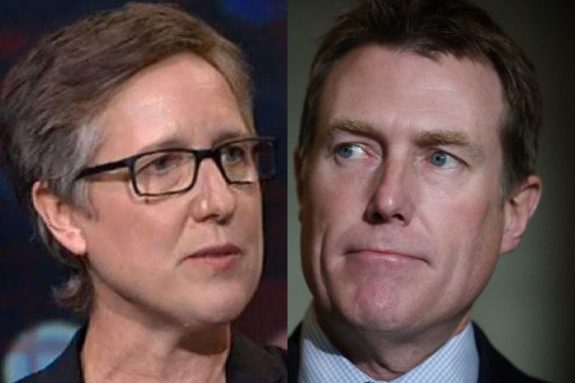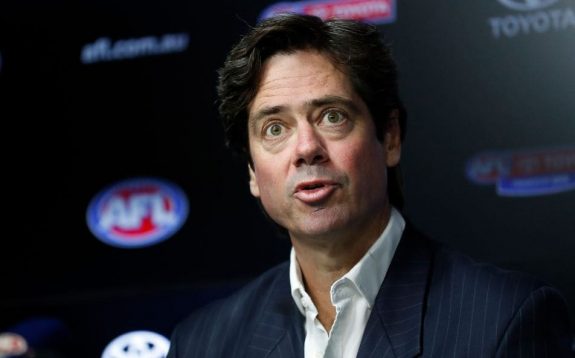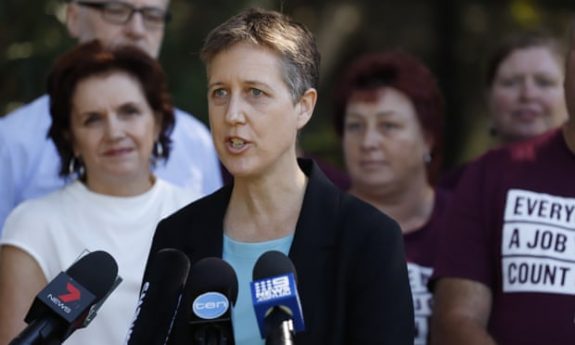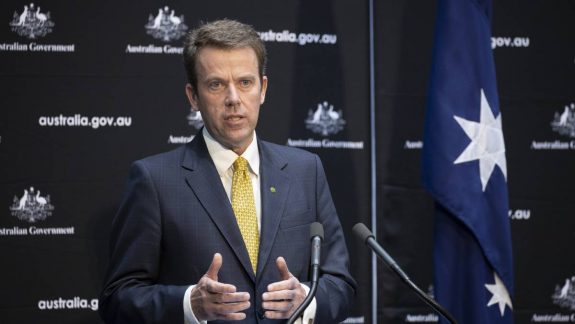Report finds gig economy workers ‘deliberately’ abused – Sally McManus

Fresh on the heels of a study and report released by the State of Victoria, Australian Council of Trade Unions (ACTU) secretary Sally McManus has alleged that abuse within the gig economy happens to be so widespread that employers have gone as far as to intentionally deny its workers basic rights and entitlements.
And as a result, the ACTU and McManus have appealed to the Morrison government to bring about tighter legislation to standardize the gig economy so it comes in line with the rest of Australia’s traditional workforce.
“At the moment, so-called ‘gig economy’ workers have less rights than workers did 100 years ago. They deserve the same rights as all other Australian workers,” said McManus.
“By allowing these workers to be exploited by their employers and by the so-called gig economy system, our Government is not only turning their back on the workers and their families, but is also creating an unfair system for employers who have to compete against these companies.
“These companies are racing to the bottom by deliberately eroding workplace rights and protections for workers,” added McManus.
While federal Attorney-General Christian Porter has agreed with McManus that the definitions of what constitutes a casual worker needs to be redefined, McManus further stated that gig economy workers lack the same rights which members of the casual workforce currently possess.
“Insecure work is rampant in Australia. This report demonstrates that insecure work arrangements go beyond just casual employment,” McManus said.
Tim Pallas, in serving a dual role as the State of Victoria’s minister for industrial relations as well as being the treasurer in Daniel Andrews’ government, released the report – which the Victorian government has flagged as the first of its kind anywhere in the country – after a two-year study spurred on by widespread suspicions about the reality of their wages and entitlements.
Pallas and former Fair Work Commission member Natalie James, who chaired the committee into the inquiry, concluded that at least in the State of Victoria, governments must resolve to find a balance between the needs of platform workers with those of business, so innovation and productivity isn’t stifled.
“The gig economy is relied upon by millions of consumers and workers across the country, but there are holes when it comes to industrial relations that put workers’ rights to fair pay and conditions at risk,” said Pallas.
“This report will help plug the gaps that leave workers in these industries exposed and give workers a fair deal,” Pallas pledged.
“These recommendations will address residual uncertainty around the work status of many workers, including some who are in a vulnerable position in the labour market, and combat the costs of this uncertainty to workers and businesses alike,” said James, who in her five-year term as the Fair Work Ombudsman that concluded in 2018, possessed a long line of decisions against companies in a wide range of workplace offenses, including wage theft and underpayment cases.
In the report, James and her committee suggested the following legislative reforms be instituted:
- Clarify and codify work status to reduce doubt about work status and, therefore, the application of entitlements, protections and obligations for workers and business
- Streamline advice and support to workers whose work status is borderline
- Fast-track resolution of work status so workers and business do not operate with prolonged doubt about the rules
- Provide for fair conduct for platform workers who are not employees, through establishing Fair Conduct and Accountability Standards that are principles based and developed through a consultative process with relevant stakeholders
- Improve remedies for non-employee workers to address deficiencies in the existing approach
- Enhance enforcement to ensure compliance, including where sham contracting has occurred
Whereas future clarifications of definitions around casual workers and the “better off overall test” may be required, the ACTU takes a long-range view that whatever the State of Victoria may engineer – as was recently the case with its anti-wage theft law – the federal government should consider adopting.
“Each and every form of insecure work is a danger to the economic safety and security of Australian workers and should be urgently addressed by the Morrison Government,” said McManus.
James, in the conclusion of her committee’s report, said that the laws surrounding the Fair Work Act (2009) should be amended to reflect the growing numbers of workers currently involved in the gig economy, with the federal government working together with the states towards a bipartisan solution.
“The composition of Australia’s labor market and its capacity to meet the needs of workers and businesses, is a critical element of our future economic success. The growth of digital platforms in Australia, using models that operate outside of labor market regulation, has put the spotlight on the need to balance agility and flexibility, with protections,” the report said in its concluding chapter.
“The Commonwealth is responsible for Australia’s national system of workplace laws. It was the universal view of those participating in the Inquiry that any change should be led nationally. Reforms confined to a single state risk creating yet more complexity and inconsistency and could impose an unnecessary regulatory burden on national businesses,” the text added.
See also: The inhumanity around gig economy jobs
Like what we do at The AIMN?
You’ll like it even more knowing that your donation will help us to keep up the good fight.
Chuck in a few bucks and see just how far it goes!














